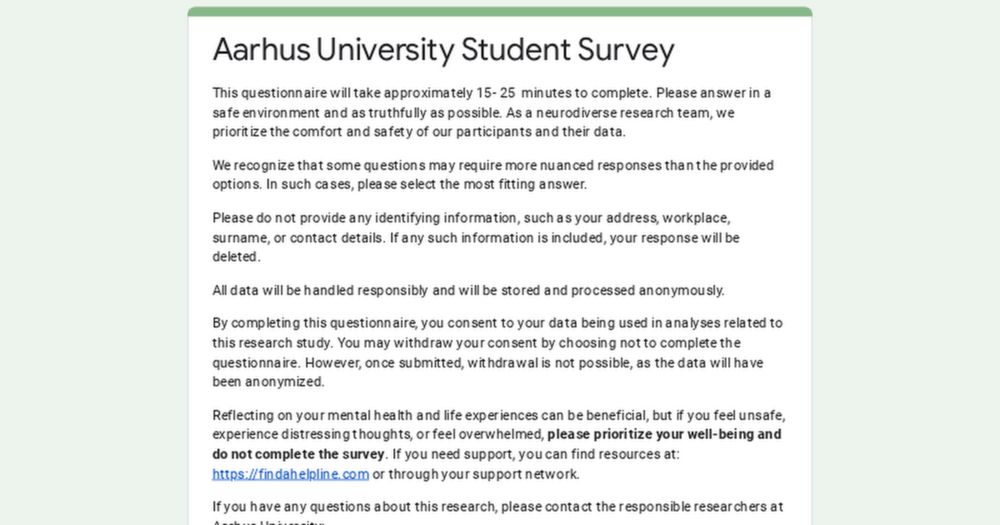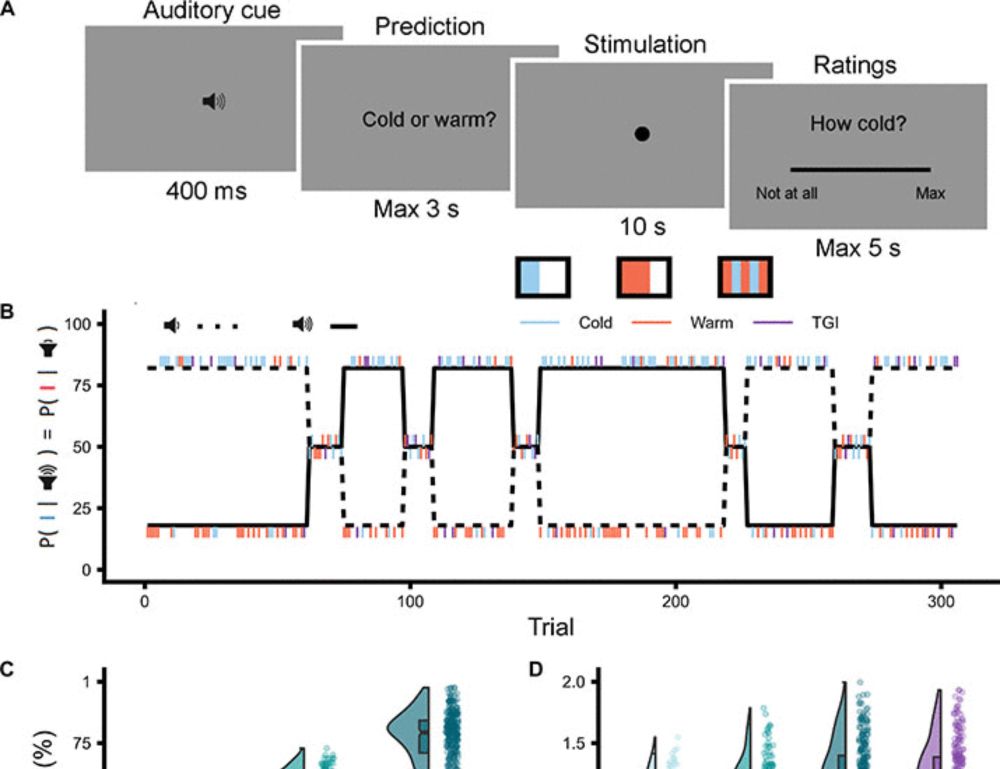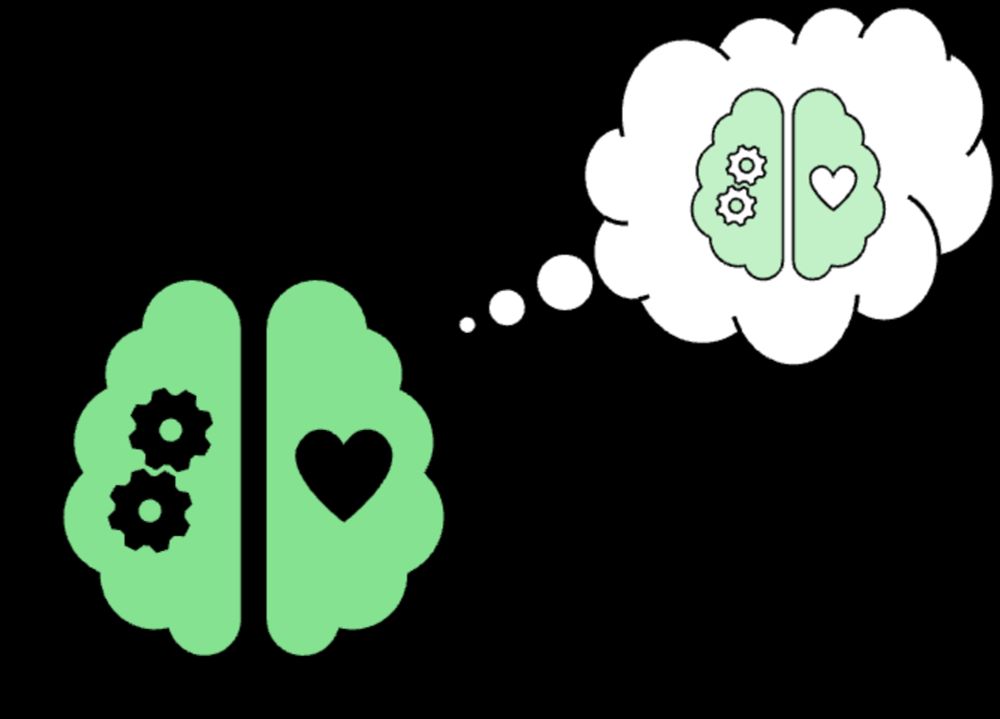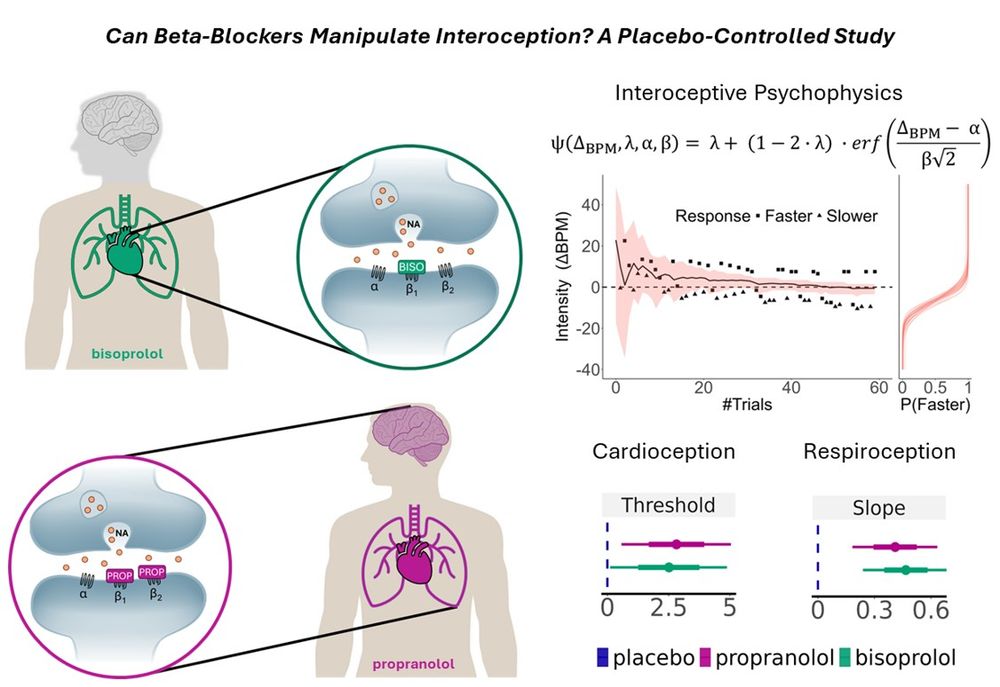Sucharit Katyal
@sucharit.bsky.social
35 followers
41 following
13 posts
Interested in Knowing and Self-knowing
My research spans Metacognition | Computational Psychiatry | Meditation | Consciousness
Currently @University of Copenhagen
Previously @University College London
Posts
Media
Videos
Starter Packs
Pinned
Sucharit Katyal
@sucharit.bsky.social
· Feb 23
Steve Fleming
@smfleming.bsky.social
· Feb 21
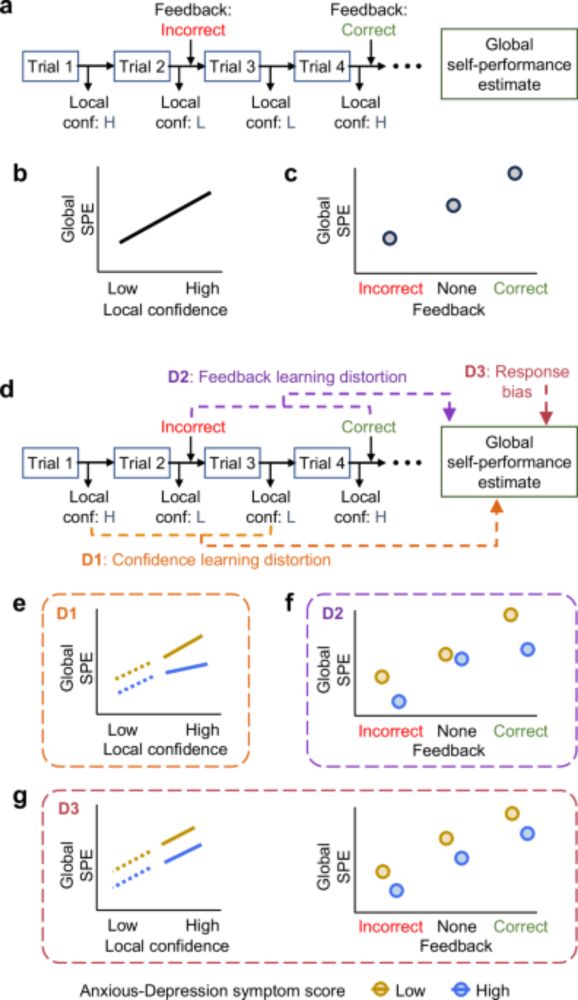
Distorted learning from local metacognition supports transdiagnostic underconfidence - Nature Communications
Individuals with symptoms of anxiety and depression exhibit persistent underconfidence. Here, the authors show that distortions in learning from local metacognition can explain how underconfidence is ...
www.nature.com
Reposted by Sucharit Katyal
Eric Schulz
@ericschulz.bsky.social
· Jul 2
Reposted by Sucharit Katyal
Matan Mazor
@matanmazor.bsky.social
· Jul 1
Reposted by Sucharit Katyal
Reposted by Sucharit Katyal
Sucharit Katyal
@sucharit.bsky.social
· Jun 4
Reposted by Sucharit Katyal
Sucharit Katyal
@sucharit.bsky.social
· Apr 5

Why do we doubt our own abilities when we are good at something?
A new study from the University of Copenhagen and University College London has unraveled why some people feel insecure in their abilities – even when they are actually good at what they do.
news.ku.dk
Sucharit Katyal
@sucharit.bsky.social
· Apr 5

Distorted learning from local metacognition supports transdiagnostic underconfidence - Nature Communications
Individuals with symptoms of anxiety and depression exhibit persistent underconfidence. Here, the authors show that distortions in learning from local metacognition can explain how underconfidence is ...
www.nature.com
Sucharit Katyal
@sucharit.bsky.social
· Apr 5
Sucharit Katyal
@sucharit.bsky.social
· Apr 5

Persistent underconfidence: Why we doubt our own abilities even when we're good at something
A new study from the University of Copenhagen and University College London has unraveled why some people feel insecure in their abilities—even when they are actually good at what they do.
phys.org
Reposted by Sucharit Katyal
Reposted by Sucharit Katyal
Reposted by Sucharit Katyal
Quentin Huys
@docqhuys.bsky.social
· Feb 26
Reposted by Sucharit Katyal
Quentin Huys
@docqhuys.bsky.social
· Mar 18
Reposted by Sucharit Katyal
Reposted by Sucharit Katyal
Reposted by Sucharit Katyal
Sucharit Katyal
@sucharit.bsky.social
· Mar 14
Marco K Wittmann
@mkwittmann.bsky.social
· Mar 13
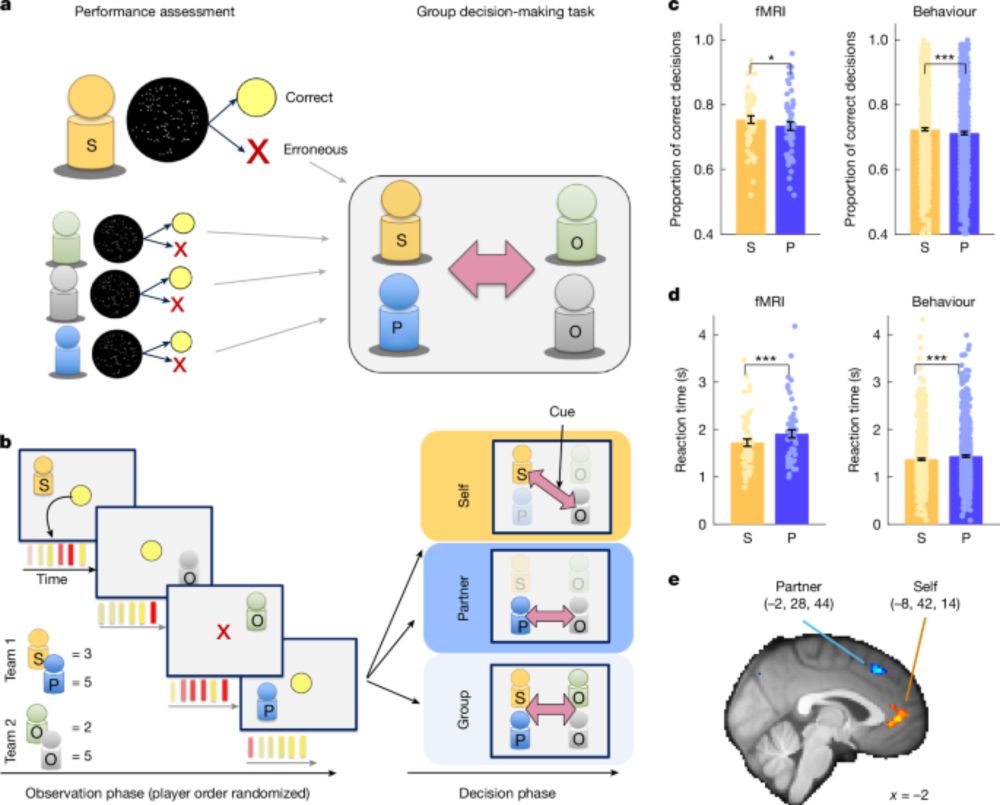
Basis functions for complex social decisions in dorsomedial frontal cortex - Nature
A study combining group decision-making tasks with fMRI shows that the brain’s dorsomedial prefrontal cortex uses basis functions, similar to those in the visual, motor and spatial domains, to re...
www.nature.com
Reposted by Sucharit Katyal



